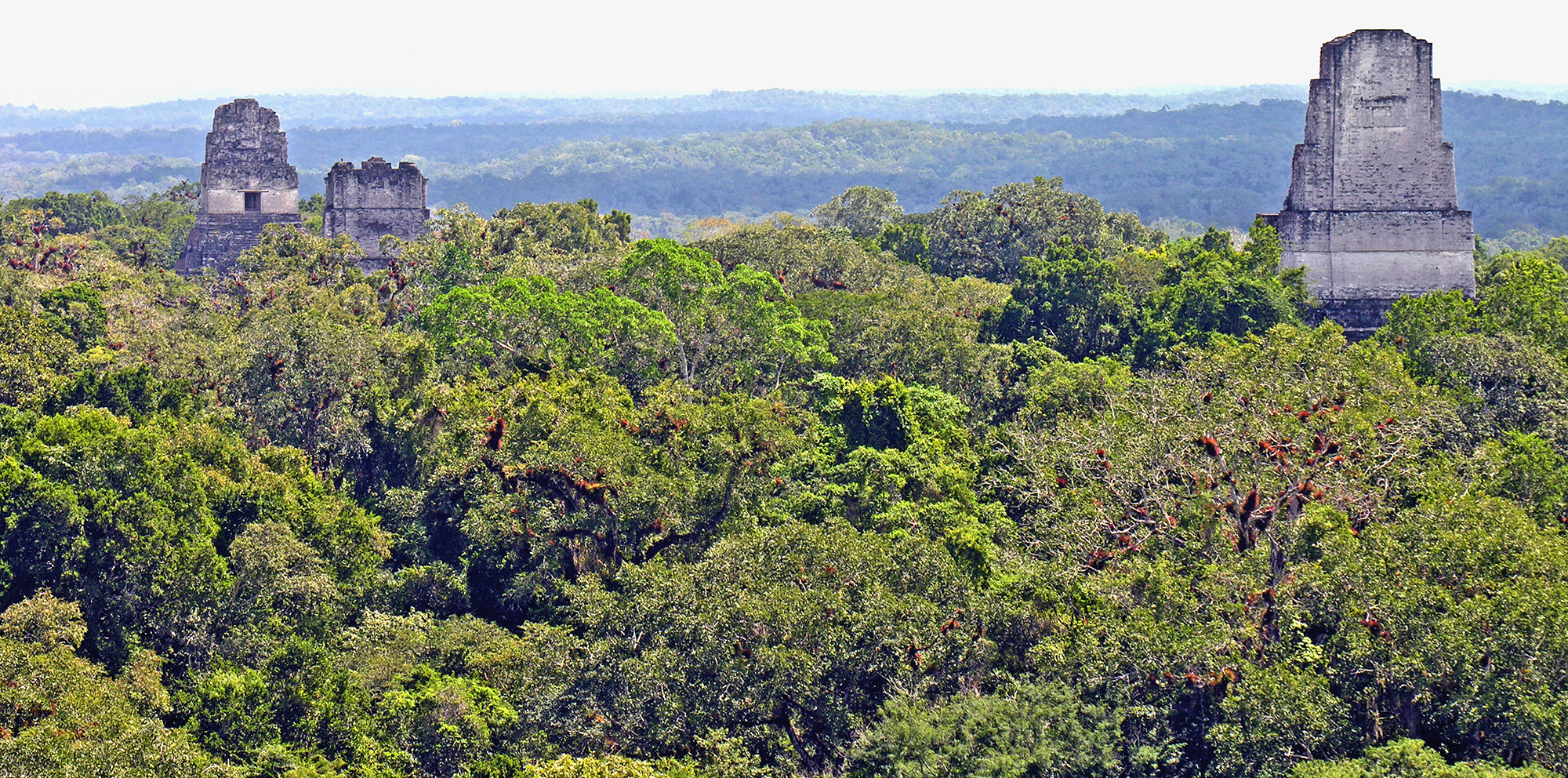Guatemala Conference Preview: “Personal Reflections on Resistance”

This series will highlight each of the panel discussions at the Center for Advanced Genocide Research’s upcoming conference “A ‘Conflict?’ Genocide and Resistance in Guatemala,” September 11-14, 2016, at the University of Southern California.
On Tuesday afternoon, the Center for Advanced Genocide Research’s conference, “A Conflict? Genocide and Resistance in Guatemala” will move away from academic analysis for a session entitled “Personal Reflections on Resistance.”
All three panelists for this session have personal experience with Guatemala and the genocide. The first, Ricardo Falla, was born in Guatemala in 1932, and has been active in many Jesuit groups in and out of the country since. He received his doctorate in anthropology at the University of Texas, and has done field work in almost every country in Central America.
During his talk, Falla intends to break up the genocide and its aftereffects into seven different chapters that he will go through. He lived in Guatemala on and off in this period from 1981-2013, and will discuss his personal experience as an anthropologist there, and how that intersected with the genocide and peace process.
The second speaker, Ana María Méndez Dardon, is also a native Guatemalan, but one of a different generation. Dardon was born in 1986, after the worst of the genocide had passed. Much of her work, which has been done primarily in Guatemala, focuses on women’s rights and violence against women.
Dardon will speak about growing up during the resistance movement and peace process. In many ways, she had a front row seat to the post-genocide fallout as she was working in the Public Ministry of Guatemala when the genocide trials were happening.
The third and final panelist will be Miguel Zamora-Mills. Zamora-Mills studied in the United States at Tufts University, but has since worked in Guatemala where he is currently an international liaison for the International Platform against Impunity in Central America.
Zamora-Mills will focus less on his own personal story, and more on the stories of those he works with as a human rights activist. During the session he will discuss genocide survivors who get involved in the legal process to prosecute perpetrators. He argues that not only are these plaintiffs essential in the legal process, but also their involvement can be a tool for personal healing.